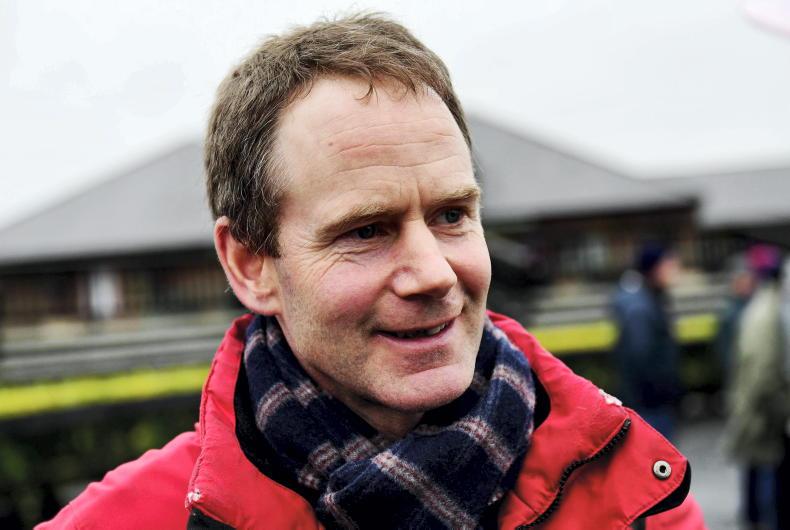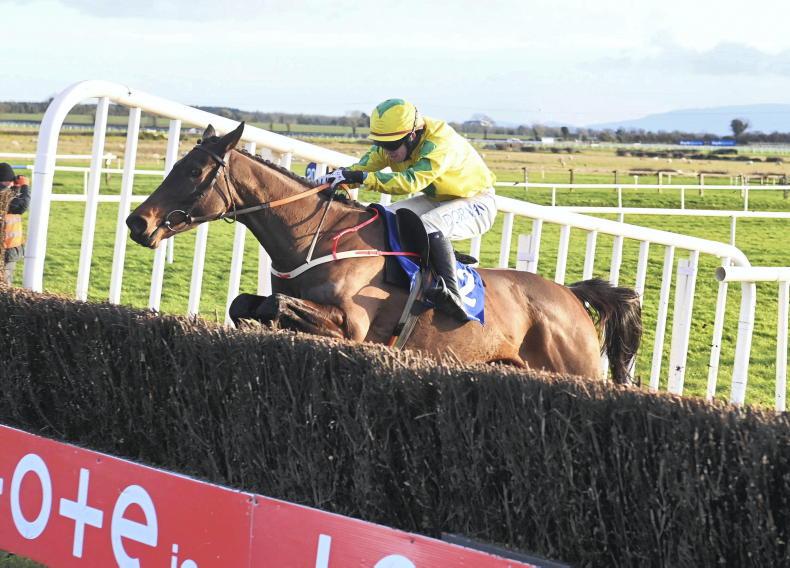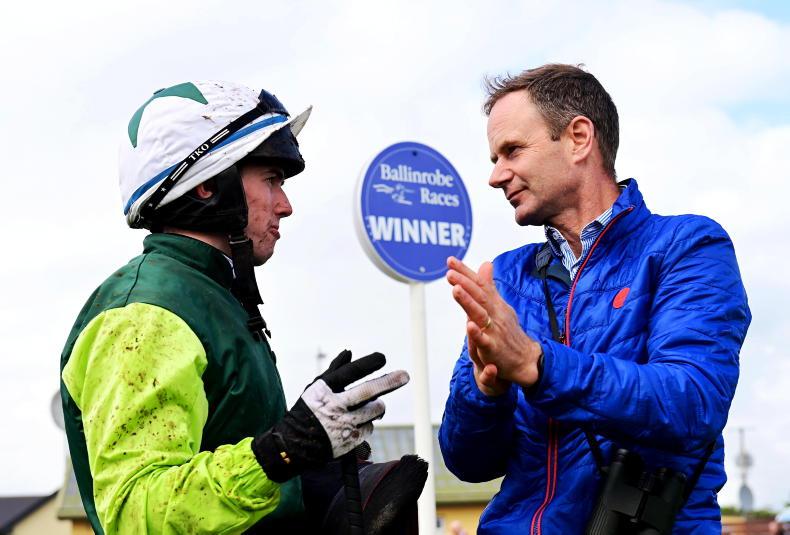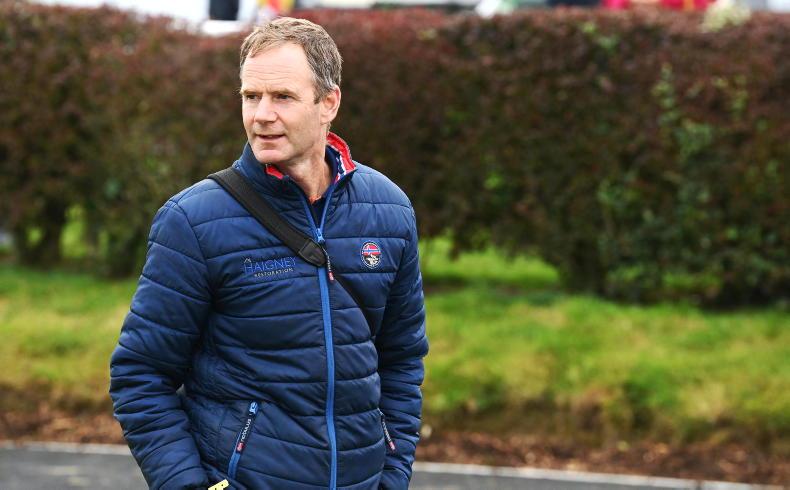TL: What was your earliest racing memory and was being involved with horses something you always wanted to do?
TG: My earliest racing memory was going to the local point-to-point with my father and brother when we were quite young. That would be my first memory of racing.
TL: What trainer did you aspire to be like when starting out in the training ranks?
TG: I was just trying to learn about what I was doing and just trying to learn about how to the best out of each horse that I could. Being a jockey was all I wanted to be. I did not always want to be a trainer.

TL: You trained Lion Na Bearnai to win the 2012 Irish Grand National, what was that like?
TG: It was surreal for myself and my wife me at the time because we only trained a handful of horses. At that stage, we had about six or seven horses in training so to go and win the Irish Grand National it was, to be honest, surreal even more so looking back on it than at the time.
It was an amazing and fantastic feeling, and it meant a lot because we had so few horses back then. As a Meath man, the Irish Grand National is always a race you want to win.
TL: Who can we look out for in your current team of National Hunt horses?
TG: We are still a small stable with 40 odd horses. Nobody but there is a mare we like a lot called Must Be Obeyed who is doing well this season and we are hoping she can keep progressing.
We have some young horses, and you are always hoping that they can come on and realise their potential.
TL: You have had success buying horses out of Irish point-to-points, do you think there is still value there?
TG: There is value still there if you look hard enough but it is much harder to find. It is very intense in that market, and it has become more difficult now because of how professional it is. There are so many people focusing on it like agents who are working full-time trying to find the next star, so it is harder to do.

TL: Do you find flat horses easier to train than jumpers and would you enjoy jumping more?
TG: I find it easier to train a flat horse because it is easier to get them to the races and to keep them sound. I love racing, flat and jumps.
TL: Do you think the jump season has become too Cheltenham focused and is it at the expense of other big races and meetings?
TG: I suppose on one hand it is a good thing because it advertises the sport on a broader picture than it might normally be because of all the attention it gets. I do not think there is a negative effect on that.

TL: What could the IHRB do to make your job easier?
TG: Providing some sort of security for trainers about getting paid and for the trainers to get training fees from owners and getting less exposed to severe debt which I think would be a help.
The big owners are also migrating towards big yards which is a surprise for me because they all want to be in the same stable taking each other on but that is the way.
TL: If there was something in racing you could change what would it be?
TG: I Would like to see racecourses getting big crowds in because they create an atmosphere at the races which are always good.
Admission to racetracks should be cheaper than what it normally is. I was at the race meeting in Gowran Park this year when it was a free entry which meant that the racecourse was packed.
There was a fantastic atmosphere and a real buzz around the place as a result.
I would like to see racing be more confident in its product and stop pandering to people who dislike the sport.
Racing is a fantastic sport, and they should not be trying to change it to suit other people who have no interest.


 This is a subscriber-only article
This is a subscriber-only article
 It looks like you're browsing in private mode
It looks like you're browsing in private mode












SHARING OPTIONS: